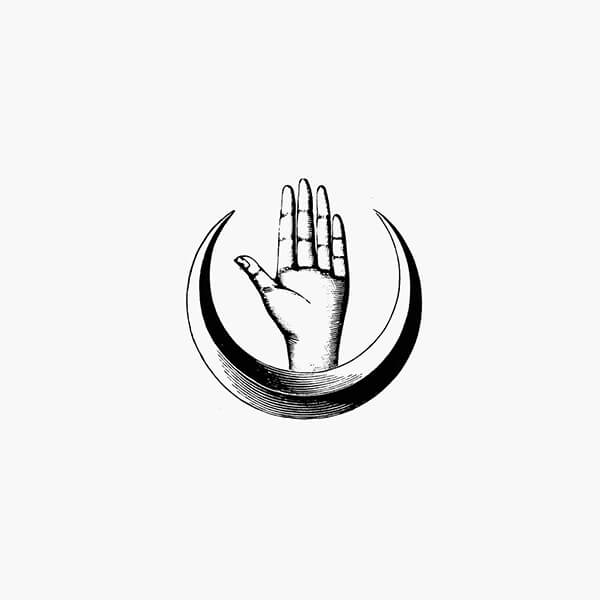
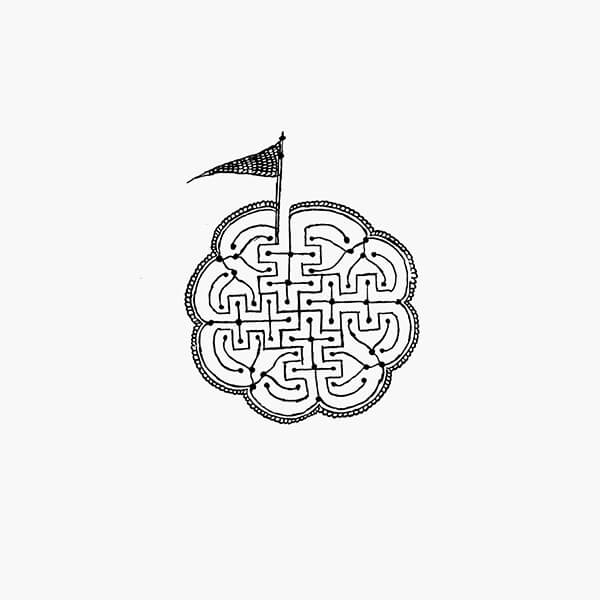
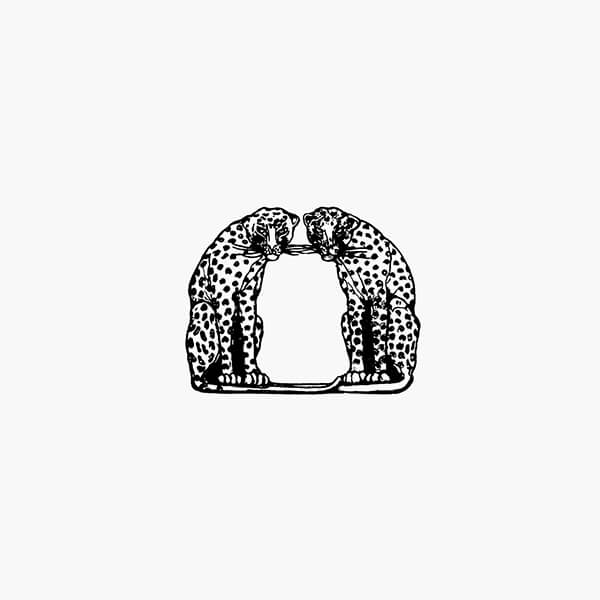
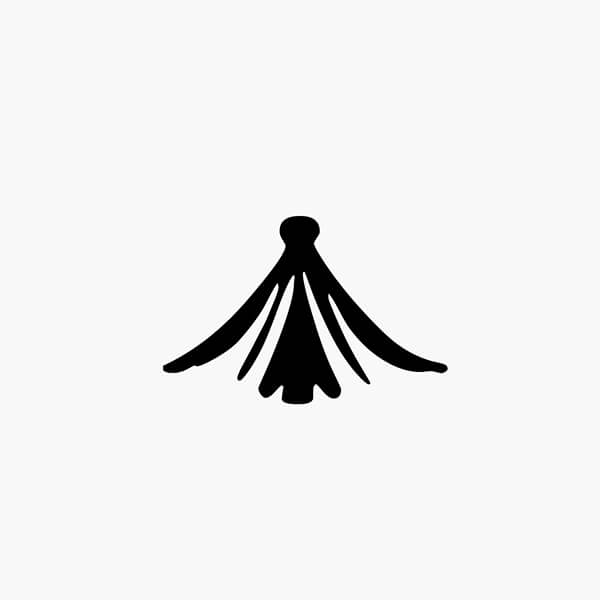
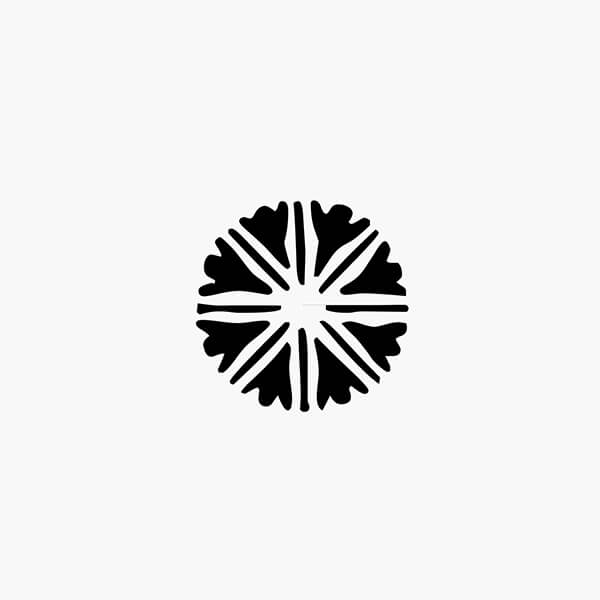
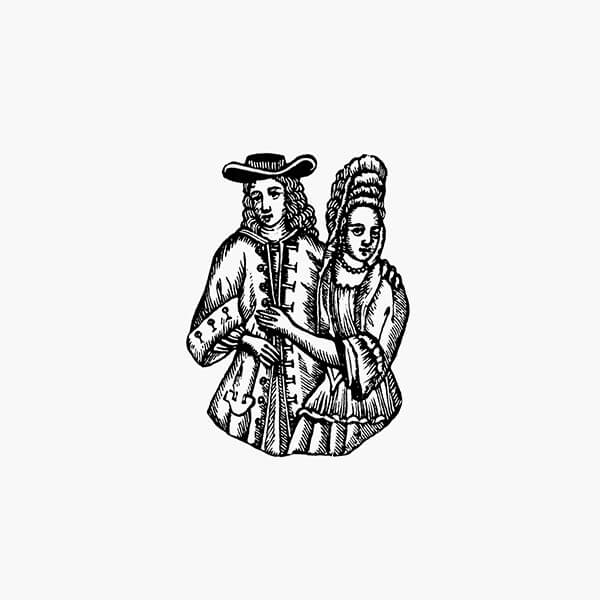
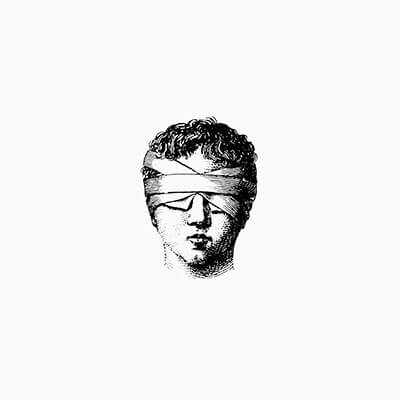
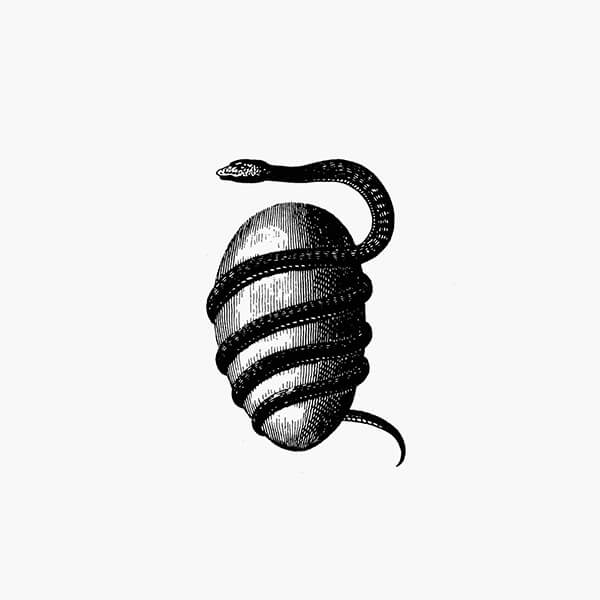

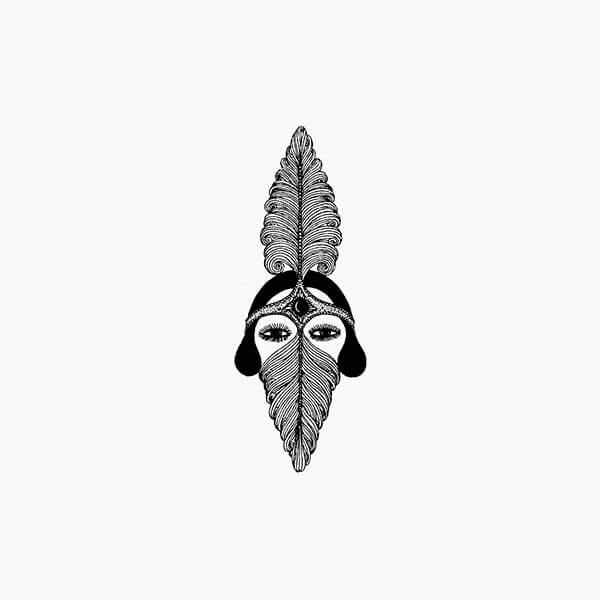
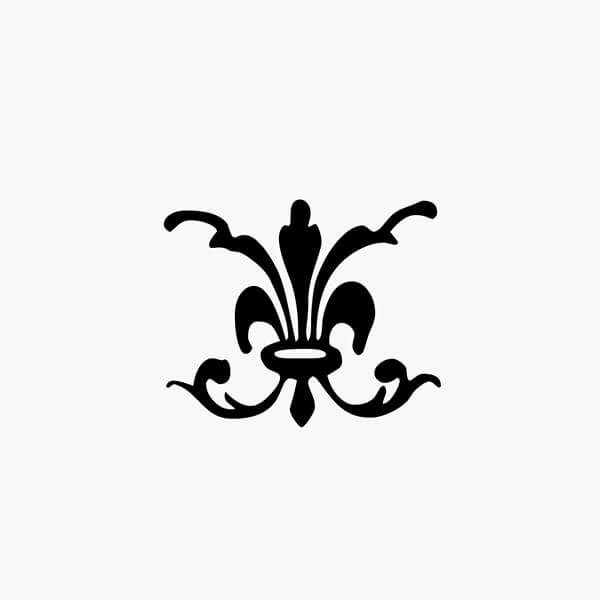
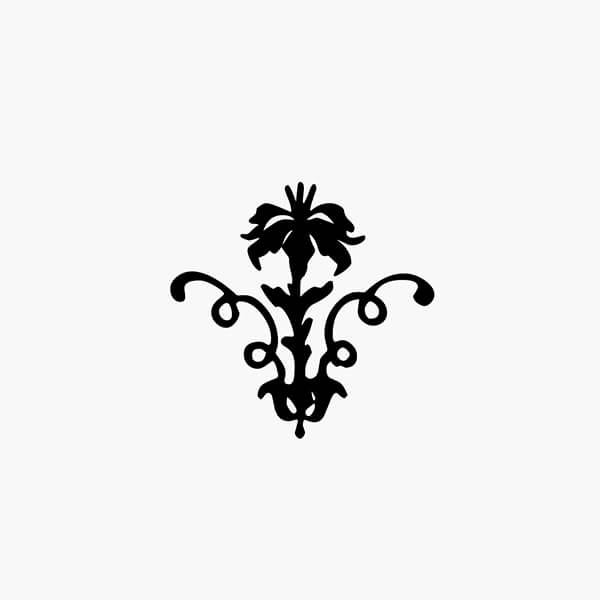

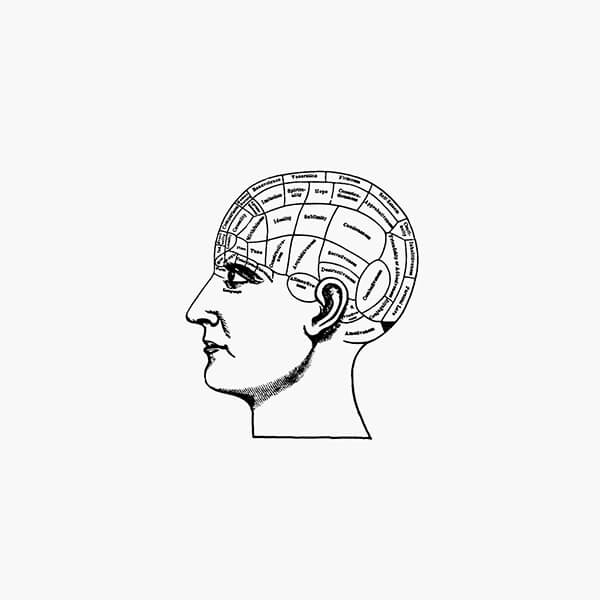
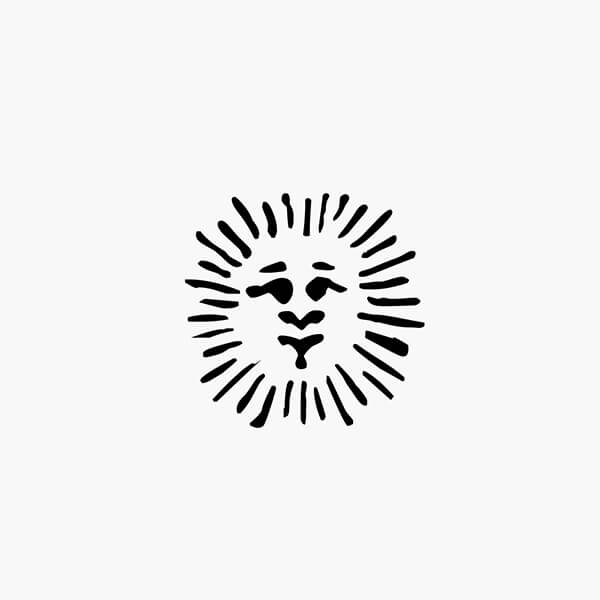
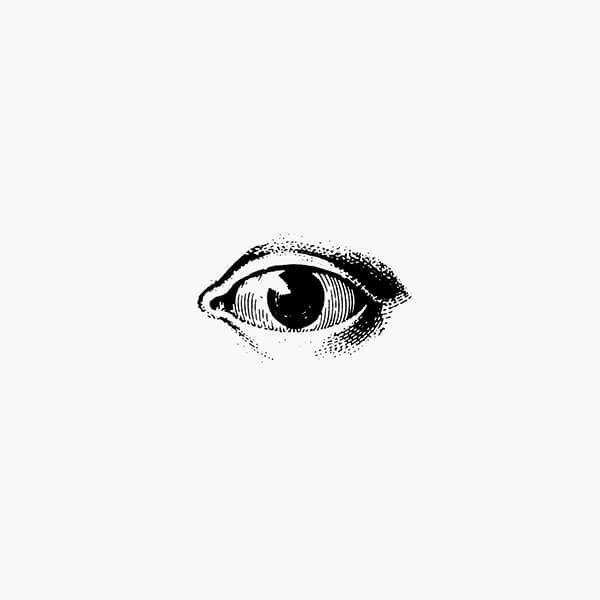





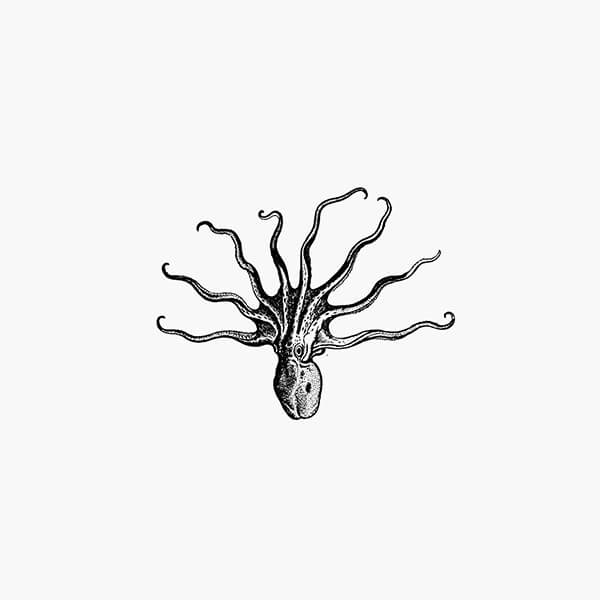

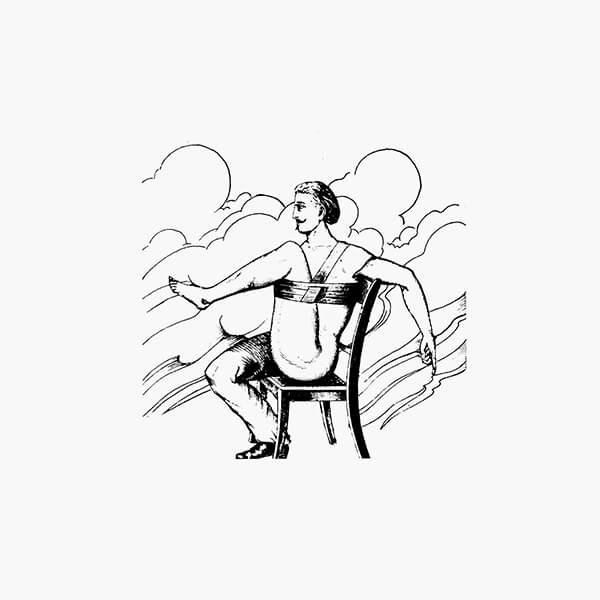



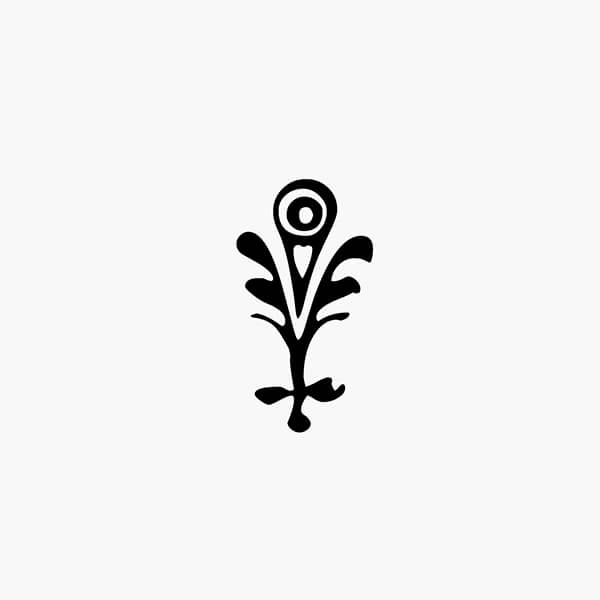
Blue Library
9821 Aphrika
Romano Costa
1972 / 162 PAGES.
Language: Italian
The main character – a poor, white homosexual – travels through Africa. The escape he tells of is not an easy getaway but, rather, the adult, scathing and at times blithe account of a European’s journey, with all its setbacks and disappointments.
Africa, but written Aphrika. This archaic spelling outlines an unexplored body, a place of deserts and lions. The name features a host of intertwining and overlapping layers; when we say “Africa”, we are naming a reverse side of Europe, or a reversed Europe. The desert becomes the negative of Europe: a bright, rarefied space of authenticity that can, ideally, be travelled in all directions. However, it is actually a dangerous place where we are restricted to the few paths marked out by men and animals. The literary discourse is not set in a symbolic scenario or one cluttered with symbols but, rather, in an Africa that is also today’s country, with its revolution and neo-colonialism and quest for identity. The sum of all those political, economic and social problems that a reportage of quality would not have overlooked. A travel account wherein we can read the hint of a movement that travels in the direction of Africa and that enables us, in Africa and in its desert, to read Europe in reverse.